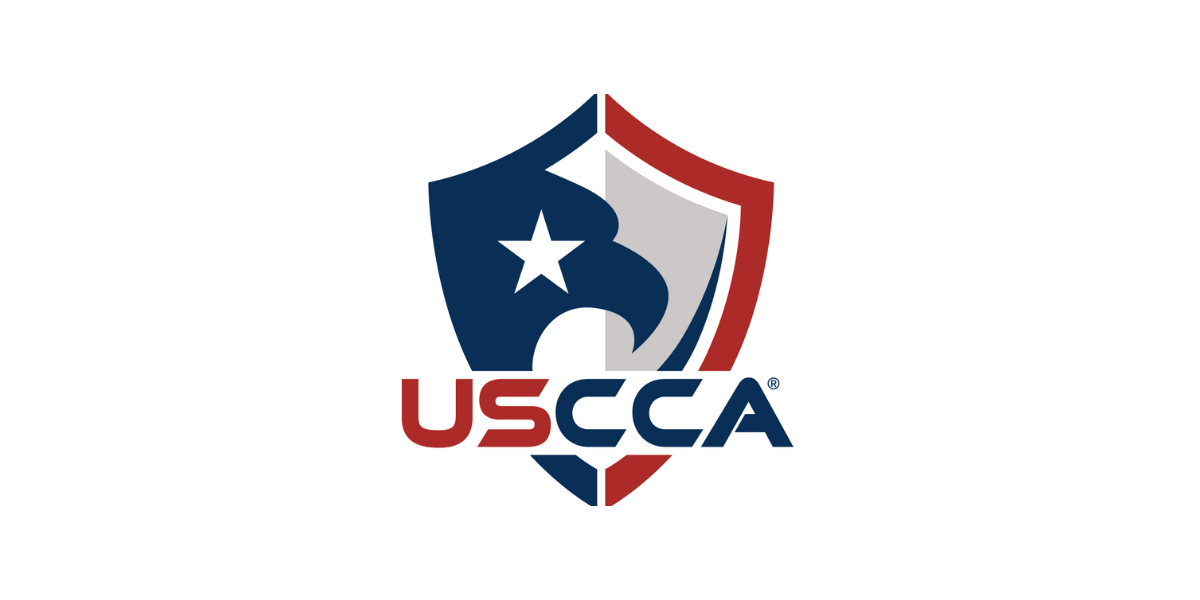As businesses start to reopen and employees return to the office, state governments and officials across the nation are starting to react in response to the implementation of vaccine passports. Businesses are now facing the unique dilemma of whether or not they should require customers to show proof of vaccination or vaccine passports for access to goods and services, and employers are faced with the dilemma of whether to require mandatory vaccination of their employees, for the protection of the aforementioned and to avoid liability claims. There is no easy answer.
In the context of both these situations, the debate over whether or not to require vaccinations for access to employment and services, as well as how to impose and enforce these requirements, has many potential risks and benefits.
Businesses and other employers are concerned about protecting their customers and employees, and in some states such as New York, preventative measures are required as a matter of law. See New York’s Health & Essential Rights Act (HERO Act). However, an equally valid concern in response to this is how to impose such measures, without increasing exposure to liability or claims of violations of employment protections under the law, the Americans with Disabilities Act (ADA), and whether mandating vaccine passports will reduce exposure to liability or have the opposite effect.
If an employee or a prospective candidate for employment has not been vaccinated and an employer mandates vaccination (including proof of), then would the legal protections of businesses, employees, and customers be stronger? It appears that requiring a vaccine passport, or banning their use, is not a sure fit either way.
According to relatively recent guidance issued by the Equal Employment Opportunity Commission (EEOC), employers can mandate COVID vaccination as a term of employment. The EEOC has offered guidance in the event an employee is disabled, hold a sincere religious belief, or has a medical/health condition that is a valid reason to decline a vaccination. If that is the case, and the employer has no ability to provide an accommodation to the employee, or if no accommodation is available, the employee can be excluded from the workplace. According to the guidance, there are other means to work out an arrangement, including granting an employee a temporary leave of absence, and as a last resort if it becomes necessary, termination of the employee.
If vaccination is mandatory, an employer must have firm policies in place that are consistent and uniformly applied, including procedures for making a determination about an employee’s status and confirming the validity of a reason for refusing the vaccine. Without firm procedures, an employer could risk a claim that the procedures in place were applied in a discriminatory manner. Example being, if the employee was terminated due to lack of accommodations, or because of the refusal to accept the available accommodations offered, including: retaliation claims based on the employee’s unvaccinated status, or due to the employee’s complaints that an employer failed to prevent the spread of COVID in the workplace made the employee with an underlying medical condition susceptible to severe health consequences. Such actions could leave an employer open to a claim of retaliation and implicate whistleblower laws.
Although there are many different scenarios, the particular concern revolves around the possibility of exposure to an employer for liability for claims of discrimination by an employee who cannot or will not obtain the vaccine because of a valid medical status or religious belief, or because of personal beliefs.
New York’s recently enacted HERO Act is designed to codify many of the Executive Orders (“EO”) issued during the COVID crisis as they apply to employment, and to protect employees from the spread of COVID in the workplace and from retaliation by employers if they assert their rights. However, like all other laws, the HERO Act does not mean that retaliation will never happen in the workplace if an employee complains or asserts their rights. Of course it will. In fact, some portions of the HERO Act raise concerns about increased opportunities for exposure due to employee/employer disputes, conflicts, claims of employment discrimination for violation of the ADA or Title VII, and for unlawful retaliation to happen.
There are inherent inconsistencies with vaccinations. Vaccination is optional under the FDA statute, 21 U.S.C. § 360bbb-3(e)(1)(A)(ii)(lll), yet vaccination status and the right to choose to accept or refuse a vaccine, which has been applied in the government context for admission into the armed services and funded schools, is not protected under the Constitution based on the Supreme Court case Jacobson v. Massachusetts, 197 U.S. 11 (1905), in which the Supreme Court ruled that a state law requiring residents to receive a smallpox vaccination was for a public good and did not violate any fundamental rights under the 14th amendment of the Constitution, yet there are valid reasons for refusal that are subject to legal protection, such as religious beliefs, medical and/or disability.
If an employee does not obtain a vaccine for a legally protected reason and is treated more unfavorably than other employees who received the vaccine, the employee might have a claim for discrimination, violation of the ADA, and/or retaliation dependent on the factual circumstances.
If an employee who is unable to obtain a vaccine due to a medical and/or health condition that heightens the risk of sickness and/or death, or because of sincerely held religious beliefs, employers must arrange for reasonable accommodations including but not limited to, allowing employees to work remotely, if able and the job duties allow. If no accommodation is available or a reasonable accommodation is refused, the employer must decide the next step to avoid the risk of an adverse claim of employment discrimination and/or retaliation. This includes a claim for violation of the ADA by an employee who is unable to receive a vaccine due to valid reasons that are protected, which are valid concerns for employees and employers, as demonstrated from the HERO Act, and the EEOC’s guidance.
What if the employer makes such accommodations, or grants temporary leave of absence to an employee? This may encourage another employee with a questionable legally valid reason for declining vaccination to also seek a leave of absence or similar accommodation. What if the employee declines an accommodation offered and therefore cannot be accommodated in the same manner due to the employee’s roles or other reasons, and seeks temporary leave of absence? What if there is evidence that this employee is merely seeking to exploit the situation? Depending on the factual circumstances, uneven application of employment policies can lead or open the door to claims of discrimination/ADA violations when employees are treated differently.
If a private business/employer decides to institute a policy to require vaccination for returning workers to the office, or based on the type of business feels that it must, employers should well document the process and deployment of their procedures, and reasons, in order to avoid violations of the law. If there are offices in other states, the employer needs to know the particular state laws and modify if required accordingly, and dependent on a number of considerations, make the determination whether a one size fits all approach is best. The employer needs to have a firm procedure and documentation process in place to address employees concerns, preventative measures including under the Occupational Safety & Heath Administration Act (“OSHA”), and address valid reasons raised by an employee not to obtain the vaccine. Implementing and adhering to the policies and procedures that are developed (including if in New York, that comply with the Hero Act and OSHA), and application in an identical manner to every employee is key. Employers should avoid informal policies or policies and procedures that continue to fluctuate or are applied inconsistently, and should communicate them effectively and often.
The ever changing development of laws, preventative and prophylactic, and institutionalization of protocols, means that no matter how well intended, any action could leave businesses open to liability under a vast number of scenarios from tort law to employment law. If there is no requirement of a vaccine passport or proof, there is a risk of exposure to lawsuits or liability if a customer claims they were exposed to and contracted COVID due to unsafe practices or failure to implement preventative measures against COVID, or when it comes to employees, claims involving workers’ compensation and/or under common law, or involving employment law and the ADA. The Hero Act is designed to lessen the impact if followed.
For religious beliefs and accommodations for individuals for whom receiving a vaccine could be unsafe due to a number of medical or health conditions, these concerns have to be reconciled with an employer’s right to mandate vaccination. If a business institutes a requirement for proof of the vaccine and a customer raises one of the exceptions to a requirement that access to services depends on vaccination and proof, the business is left in the position of accepting the explanation, and accommodating them, if able, or rejecting the explanation and prohibiting entry and access to services. If not satisfactory, it is not inconceivable that a customer could file a lawsuit based on, for instance, a claim of discrimination, or violation of the ADA (if access because of screening creates an intangible barrier), or some other basis.
The debate about vaccine passports has been at the forefront lately and some states have been quick to enact laws limiting or banning them with certain exceptions. If vaccine passports were mandatory it would be a favorable factor, if applied and enforced, to help protect a business from liability for tort claims by a customer that they were exposed to and caught COVID.
The only take away for now is to stay on top of developments, a difficult task of late, yet it is crucial for customers, employees, businesses and employers to know the various laws, and their rights.
Carol A. Crossett is a Partner in the New York City office of Tully Rinckey PLLC and heads the Commercial Law Group. She concentrates her practice on corporate and commercial litigation and transactions. Carol also possesses extensive experience handling business succession planning and trusts and estates matters. She can be reached at info@tullylegal.com or at (646) 201-9100.







